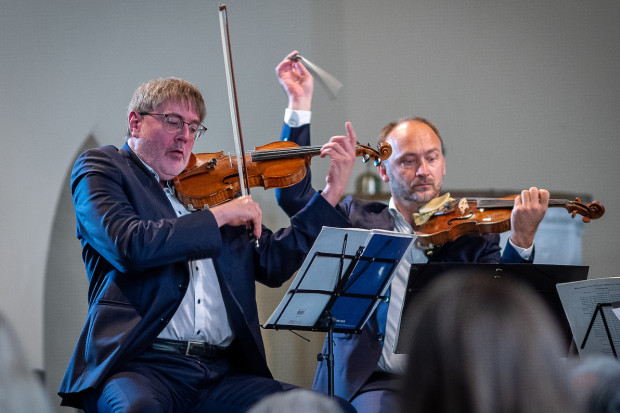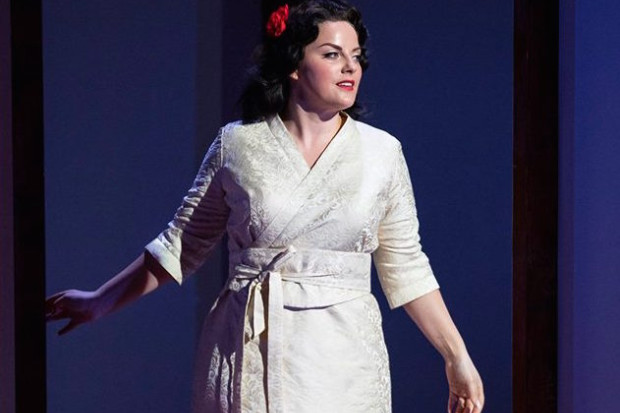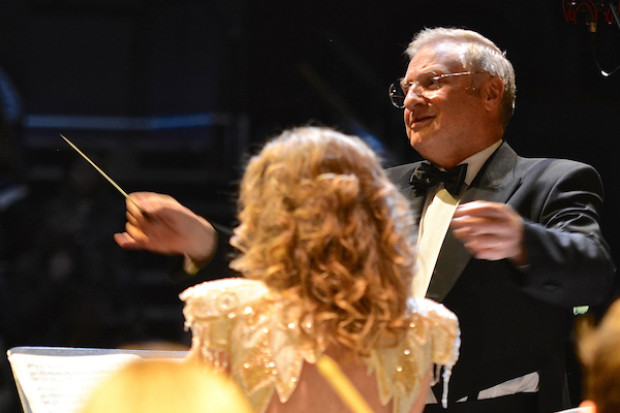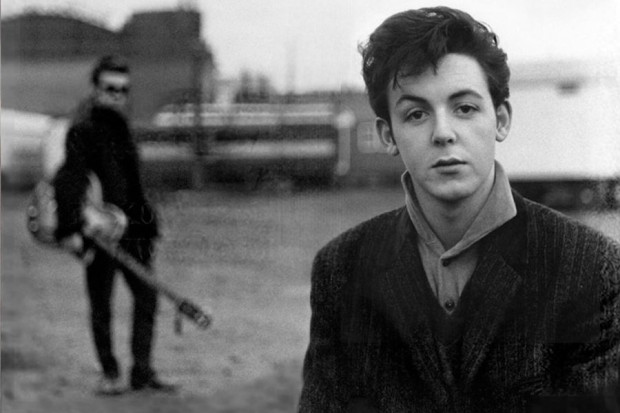
All is Chaos
Contemporary art music today is a global phenomenon, but it has not yet forgotten that it is the outgrowth of a western classical tradition. With barely a single hang-up about cultural colonisation, an agreed agenda of ‘progression’ seems to have been adopted uncritically by countries far and wide. It has as a narrative a ‘big bang’ of musical enlightenment starting in central Europe that slowly radiates out to the furthest reaches of the pacific. There is a remarkable acceptance of the notion of western superiority, which should be more disturbing to non-westerners than it seems to be. What of the existing classical and folk traditions in the non-western countries, you may ask. Are they affected? The only answer that seems to make sense is that different styles and genres in music appear to behave like different species in the same ecosystem, at least most of the time; rivalries, disputes and displays are for those of your own species, while the presence of others is not really noticed.
There is a society whose evolution closely mirrors this strange expansion process. The International Society for Contemporary Music (ISCM) started in 1922 with a small central European group of countries where figures such as Hindemith, Schoenberg and Bartók were flourishing. It has held an annual festival almost every year since then – the World Music Days – and in the course of the eighty-nine intervening years has grown to fifty-seven members on six continents. Within this society there is a friendly atmosphere of agreed purpose, which only occasionally unravels when someone raises a taboo subject such as… quality. Having mingled among the national delegates of this society and attended the festival for a decade, most recently in April 2011 in Zagreb, Croatia, I feel bound to offer a global overview.
Using the Same Words
The first issue is whether or not there are really any shared viewpoints, on a global level, as to what is current, what is cutting edge, or what is old hat. Where, if anywhere, is the core of new music? Of course there is the fuzzy acceptance of old Europe as defining the genre, but there is also a strong feeling that certain of the old countries have lost the plot. This allows countries new to the scene to feel a bit better about getting on board. This includes everywhere in Europe outside of Germany, Austria, France and Italy.
Those who have brought a dynamism to their institutional support for this music, such as the Netherlands and the Nordic countries, have a right to feel that maybe they are now where it is at. But when you analyse the problem it is possible to find some underlying principles that inevitably lead to a babel-like scene, where people use the same words (quality, good, original, relevant, interesting, etc.) but hear them differently. It is possible for almost any country to become sure it is the true home of this music. This analysis also explains how composers can engage in the double-think required to believe their work historically relevant while knowing they live far from the places that have any real notion of what they are up to (of course many composers don’t struggle with this question at all).
There are three competing values in contemporary art music, acting like forces that combine to form a chaotic system, reminiscent of the three-body orbit problem that led Henri Poincaré to discover the maths of chaotic systems.
The first is the philosophy of individualism which is a globally accepted axiom in art: this finds inherent value in innovation and invention – where it is always desirable to move away from standard things such as instruments, notation, modes of delivery, appraisal. It also expects that an individual of importance can arise anywhere, whatever their cultural heritage.
The second pulls mainly in the opposite direction: a desire to preserve the line to the past of the genre, preferring theoretical support for the construction of the music, and sticking more to traditional concert venues and traditional modes of delivery. This value still seeks progress, but defines it differently, and prefers composers organised into schools. It does not expect composers of quality to appear in far-flung places.
The third value pulls at both of the others: a belief in cross-fertilisation. Finding great richness in the way that musicians outside of this genre (species?) have perceived, analysed and utilised music, this value can support either of the other two; for example, escaping standard instruments can be in line with the push for individualism, while ethnic exploration in simpler rhythms can be in line with the desire to fit into a tradition. The three values push apart, powering a constant and ultimately dangerous expansion of the genre. At the same time, any composer or curator anywhere in the contemporary music world can attune their degree of relevance to the world by dialling up or down the three values till they reach the settings that suffice to convince them of their own importance. The diversity and plurality of contemporary art music is illuminated by this model, but it is not simplified.
An End to Nationalism?
There are forces unifying things also, the main one being constant communication between music scenes. Again the ISCM reflects this, since even its statutes require members to engage in bilateral exchanges of some sort, to widen awareness of other countries’ activities. And of course we have the great advantage that the art form does not suffer too much from language barriers. The tendency for composers to travel to broaden their education really keeps the international aspect of this music afloat, and this enriches the picture further. Indeed, in one reading of the global overview, countries are an irrelevant division – and some countries like China or the USA must inevitably have numerous scenes that are not very aware of one another, while some very small countries can only create a scene with a bit of help from a brother country (Faroe Islands plus Denmark, for example). The ISCM evolution has in fact mirrored this: since about 2007 it no longer has ‘national sections’, it now has ‘members’. These include a member from Gotland in Sweden, one from Texas, one from the Sichuan Conservatory of Music, and so on.
However, nationalism hasn’t gone away entirely. The ISCM World Music Days festival has thrown up some extreme examples. In 2006 the festival took place in Stuttgart, under the theme ‘Grenzenlos – Without Borders’. What actually happened was that almost every piece was from a composer living inside the border of Germany, conforming to the rigid aesthetic of the Stuttgart festival organisers. It was a triumph for national chauvinism. They ignored the ISCM members’ score submissions and instead found the Irish composers living in Germany, the Argentine, the Canadian and so on. A blanket of whispers and groans descended on the city for ten days. They did this with a straight face, secure in the knowledge that all contemporary music of importance exists in Germany.
By contrast, this year, as in most years, the ISCM festival was a fair representation of the diversity of work around the world. It took place under the umbrella of the Zagreb Biennale, an even longer new music event which has taken place every odd year since 1961. Each member was represented by at least one piece from its submission. In Ireland’s case this was Gerard Power’s Allusion, performed by Kvartet Tuba XL at the magnificent Lisinski Hall. Many attendees struggle with the ISCM festival; coming from a local scene they often find the variety of styles wrong-headed and unnecessary. Yes, it is not always an artistically satisfying festival, it is over-stimulating and it has too much music, but in that it is only reflecting the global reality.
Published on 1 July 2011
John McLachlan is a composer and member of Aosdána. www.johnmclachlan.org















